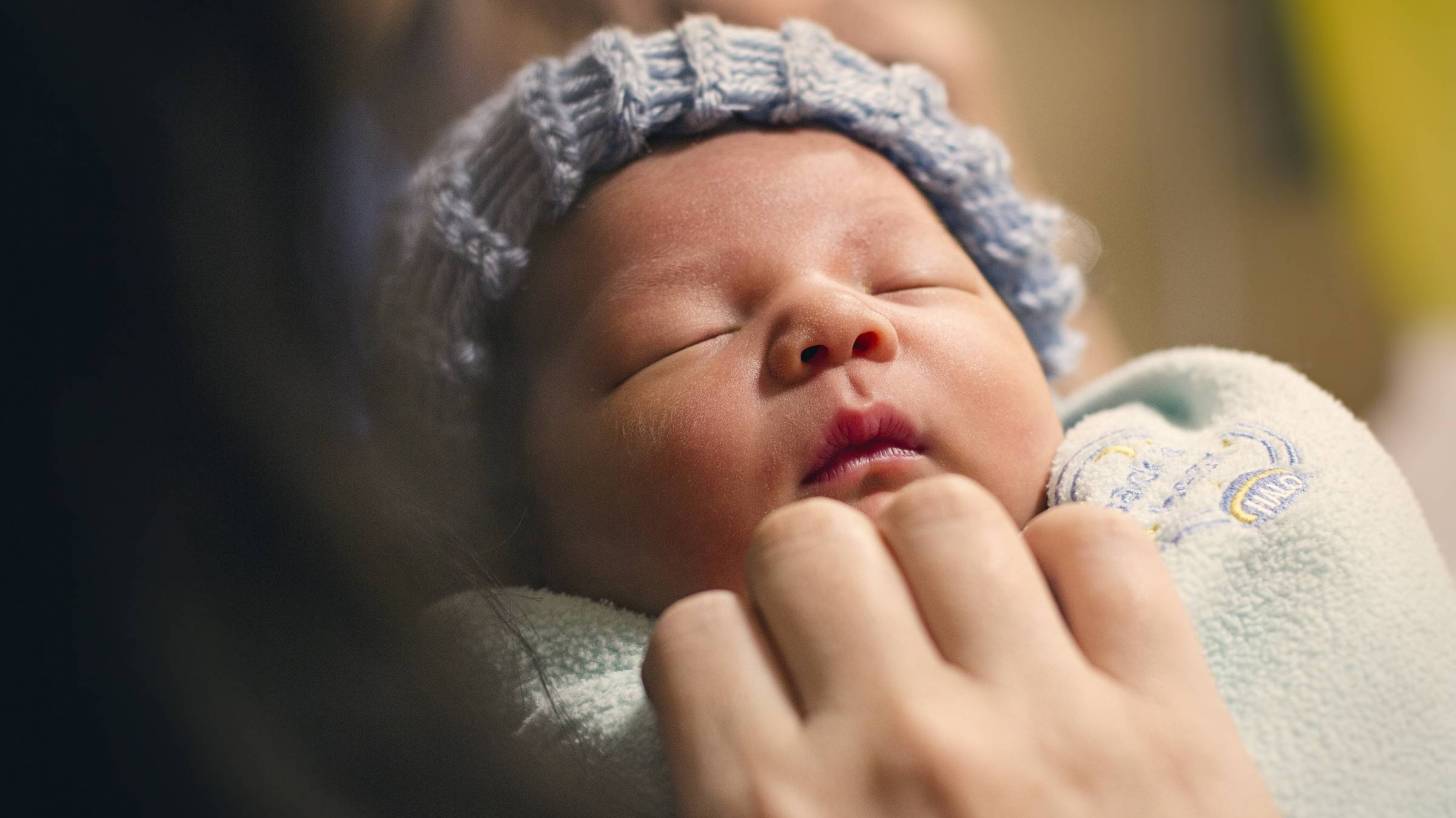CMV Vaccine Candidate Found Safe and Well-Tolerated

An innovative vaccine manufacturer announced positive final top-line results from the Phase 1 study of VBI-1501, the company’s prophylactic cytomegalovirus (CMV) vaccine candidate.
CMV is a common virus that infects people of all ages. Over half of adults by age 40 have been infected with CMV, says the Centers for Disease Control and Prevention.
Once CMV is in a person’s body, it stays there for life and can reactivate. Most people infected with CMV show no signs or symptoms.
However, CMV infection can cause serious health problems for people with weakened immune systems, as well as babies infected with the virus before they are born (congenital CMV).
Each year, approximately 5,000 U.S. infants will develop permanent problems due to CMV, which can include deafness, blindness, and developmental delays.
CMV affects more live births than Down syndrome or fetal alcohol syndrome, making it a key public health priority and a strong candidate for recommended universal vaccination and reimbursement.
VBI-1501 was developed using the company’s proprietary enveloped virus-like particle (eVLP) technology and presents a modified form of the glycoprotein B (gB) found on CMV.
The final Phase 1 study results demonstrated that VBI-1501 was safe and well-tolerated at all doses.
The highest dose of VBI-1501, 2.0μg, elicited protective CMV-neutralizing antibodies against fibroblast cell infection in 100% of subjects after the third vaccination, inducing titers comparable to those observed in patients protected as a result of natural infection.
Neutralizing antibodies against epithelial cell infection were also seen in 31% of subjects receiving the same dose.
Final immunogenicity data from VBI’s Phase 1 study included gB antibody binding titers and neutralizing antibody seroconversion in both fibroblast and epithelial cells, two cell types CMV infects that are widely used to gauge the potency of CMV vaccine candidates.
Joanne Langley, M.D., an Associate Director with the Canadian Center for Vaccinology located at Dalhousie University, and Principal Investigator of the study further commented, “The safety profile of this vaccine is such that there is little concern about evaluating VBI-1501 at higher doses in the next stage of clinical development.”
“With the functional activity we’ve seen, even at a low dose, these results are incredibly encouraging.”
This study was a Phase 1 randomized, observer-blind, placebo-controlled study to evaluate the safety, tolerability, and immunogenicity of VBI’s preventative CMV vaccine in healthy adults.
The study enrolled 125 CMV-negative participants, aged 18-40 years, who were randomized into five arms to receive various dose levels of a modified form of the CMV antigen gB, gB-G, with or without the adjuvant alum, or placebo:
- 0.5μg of gB-G content with alum (VBI-1501A 0.5μg)
- 1.0μg of gB-G content with alum (VBI-1501A 1.0μg)
- 1.0μg of gB-G content without alum (VBI-1501 1.0μg)
- 2.0μg of gB-G content with alum (VBI-1501A 2.0μg)
- Placebo
Participants were vaccinated at zero, two, and six months.
Additional information, including a detailed description of the study design, eligibility criteria, and investigator sites, is available at ClinicalTrials.gov using identifier NCT02826798.
VBI Vaccines Inc. (“VBI”) is a commercial-stage biopharmaceutical company developing a next generation of vaccines to address unmet needs in infectious disease and immuno-oncology.
Our Trust Standards: Medical Advisory Committee






